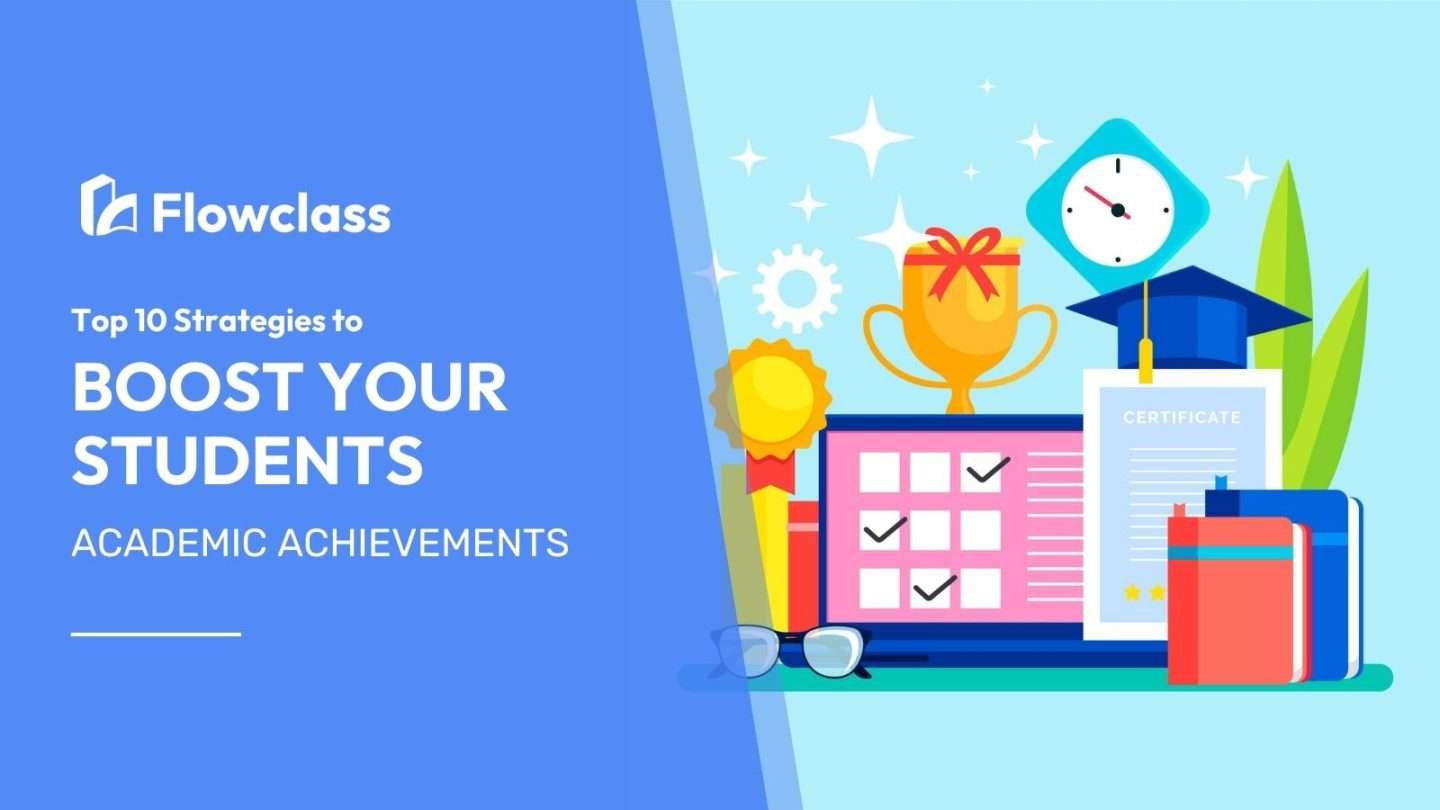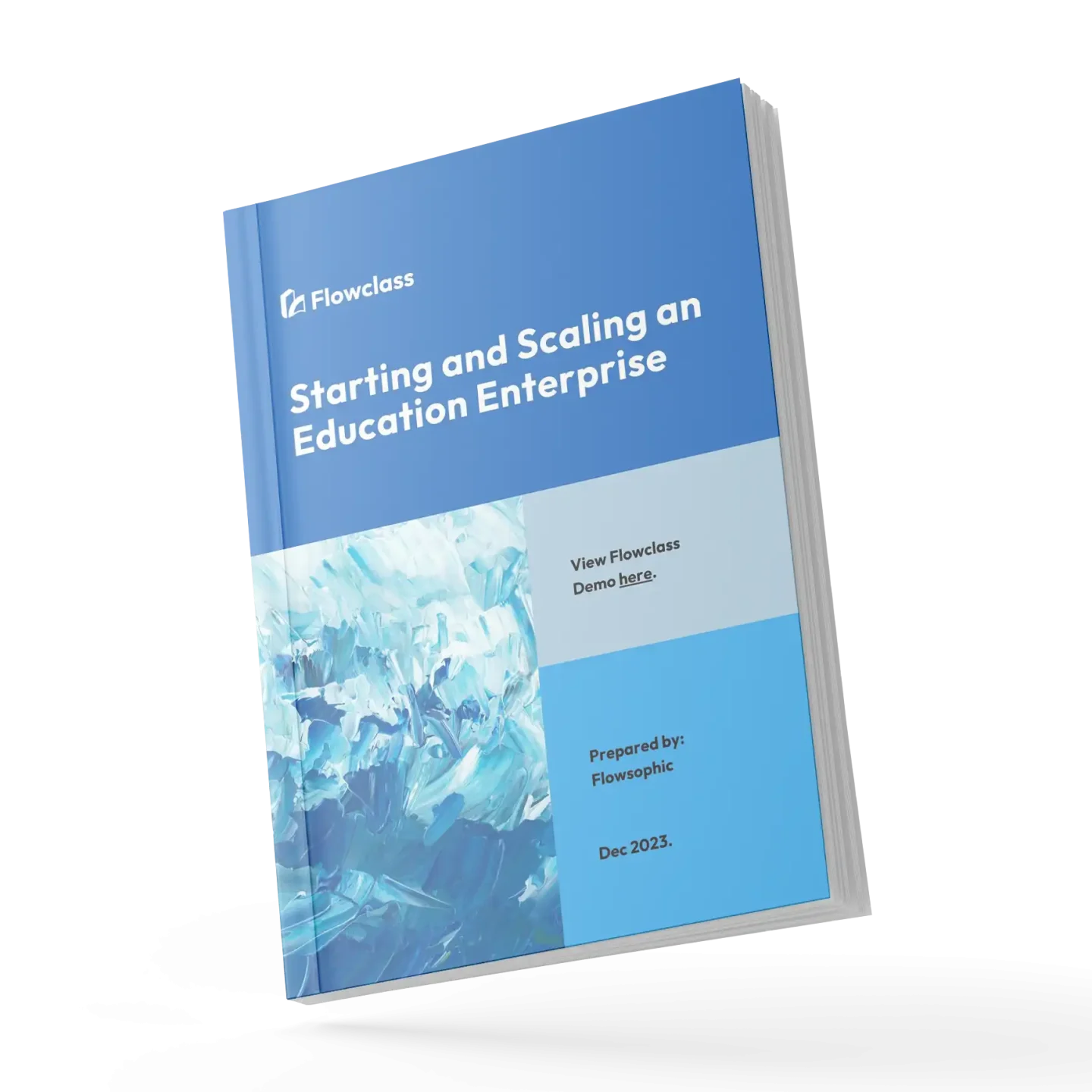Learning centers play a pivotal role in supporting students’ academic journeys by providing personalized instruction, targeted resources, and a structured environment. Whether its helping students improve their grades, develop essential study habits, or build confidence, learning centers are crucial for enhancing academic achievements. In this article, we will explore ten effective strategies that learning centers can implement to help students achieve academic success.
1. Set Clear Academic Goals for Students
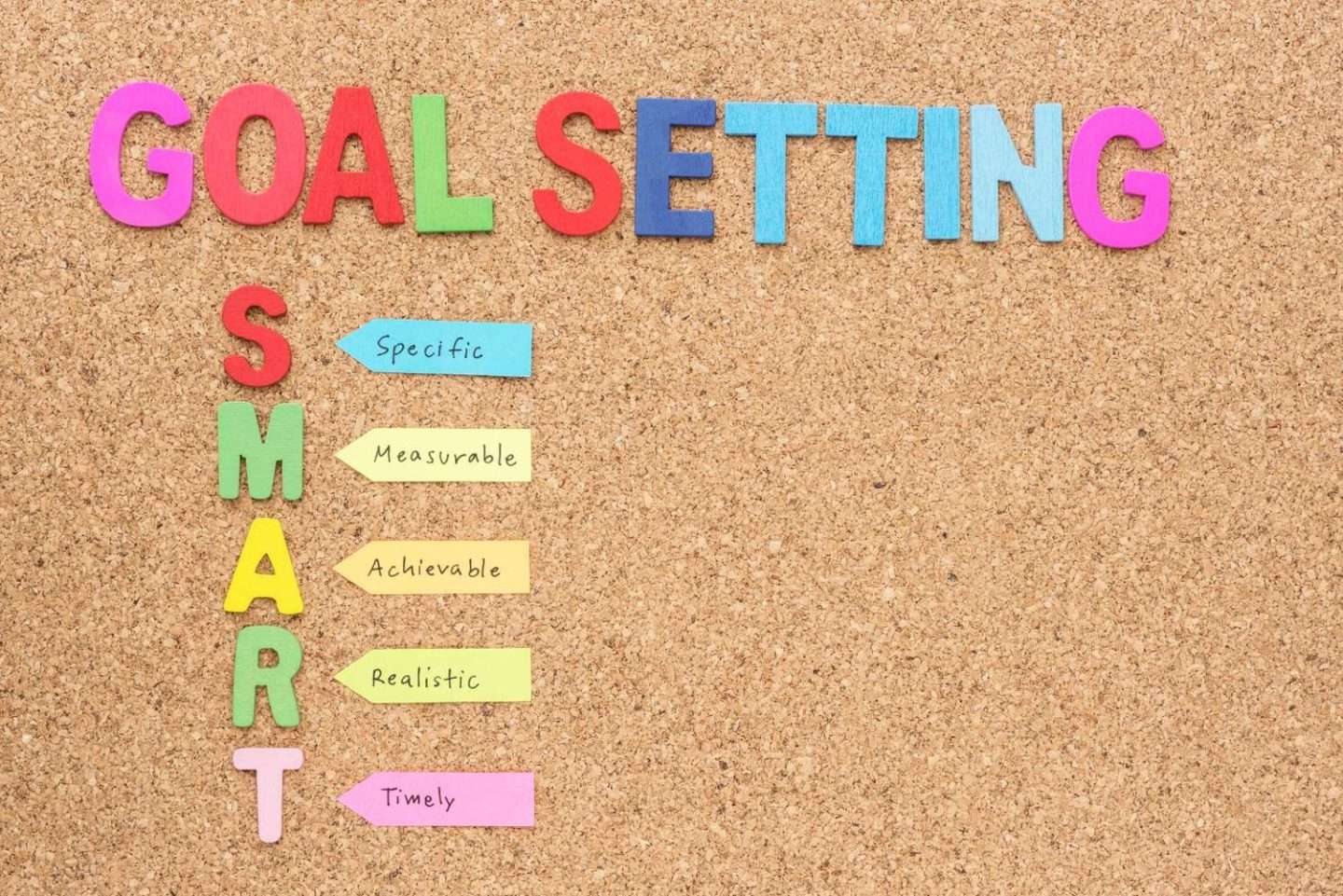
Setting clear academic goals is one of the first steps learning centers can take to boost student achievements. By helping students define specific, measurable, achievable, relevant, and time-bound (SMART) goals, learning centers provide a roadmap for success.
When students know what they are working towards, they are more motivated and focused. For example, instead of a general goal like “I want to improve in math,” a more specific goal could be, “I aim to increase my math grade by 5% by the end of the semester.” This approach gives students direction and makes achievements more tangible.
Learning centers can regularly check in with students to track progress and adjust goals as necessary. Celebrating small milestones along the way also helps keep students motivated and on track to improving their academic achievements.
2. Offer Personalized Tutoring for Academic Achievements

One of the most effective strategies for learning centers is offering personalized tutoring. Every student learns differently, and personalized tutoring tailors the learning experience to each student’s unique needs and learning style.
By assessing a student’s strengths and weaknesses, tutors can create customized lesson plans that target areas for improvement. This individualized approach helps students grasp difficult concepts more effectively and build confidence in their abilities.
According to research, personalized tutoring leads to significant improvements in academic achievements [1]. Learning centers that offer one-on-one or small group tutoring sessions can provide the focused attention that students need to excel academically.
3. Incorporate Active Learning in Teaching Methods
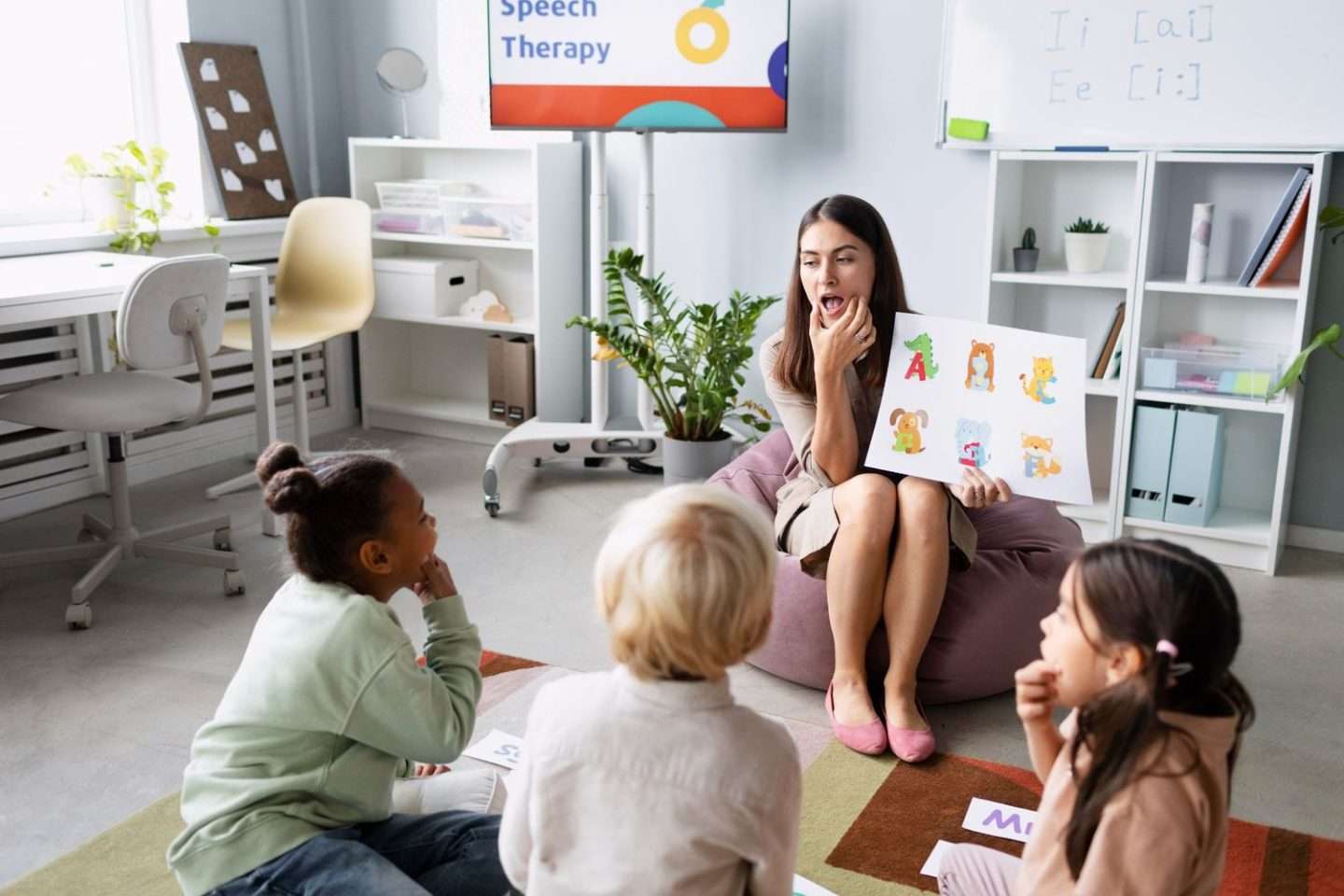
Active learning is a powerful strategy for boosting academic achievements. Rather than relying on passive learning methods like lectures or rote memorization, learning centers should encourage students to engage actively with the material.
For example, students can participate in group discussions, solve practice problems, or create mind maps to visualize concepts. These activities help reinforce learning and improve retention.
Learning centers can also use interactive tools, such as educational games or simulations, to make learning more engaging. Studies show that active learning improves understanding and helps students retain information more effectively [2].
4. Provide Regular Feedback and Assessments
Feedback plays a critical role in improving academic achievements. Learning centers should ensure that students receive regular and constructive feedback on their progress.
By offering detailed feedback on assignments, quizzes, and practice tests, tutors help students identify areas where they need improvement. This not only boosts their confidence but also motivates them to strive for better results.
Additionally, regular assessments allow learning centers to track students’ progress over time. Whether through formative assessments (ongoing assessments during learning) or summative assessments (evaluations at the end of a learning period), assessments give valuable insights into student development and help guide future instruction.
5. Implement Technology to Enhance Academic Achievements
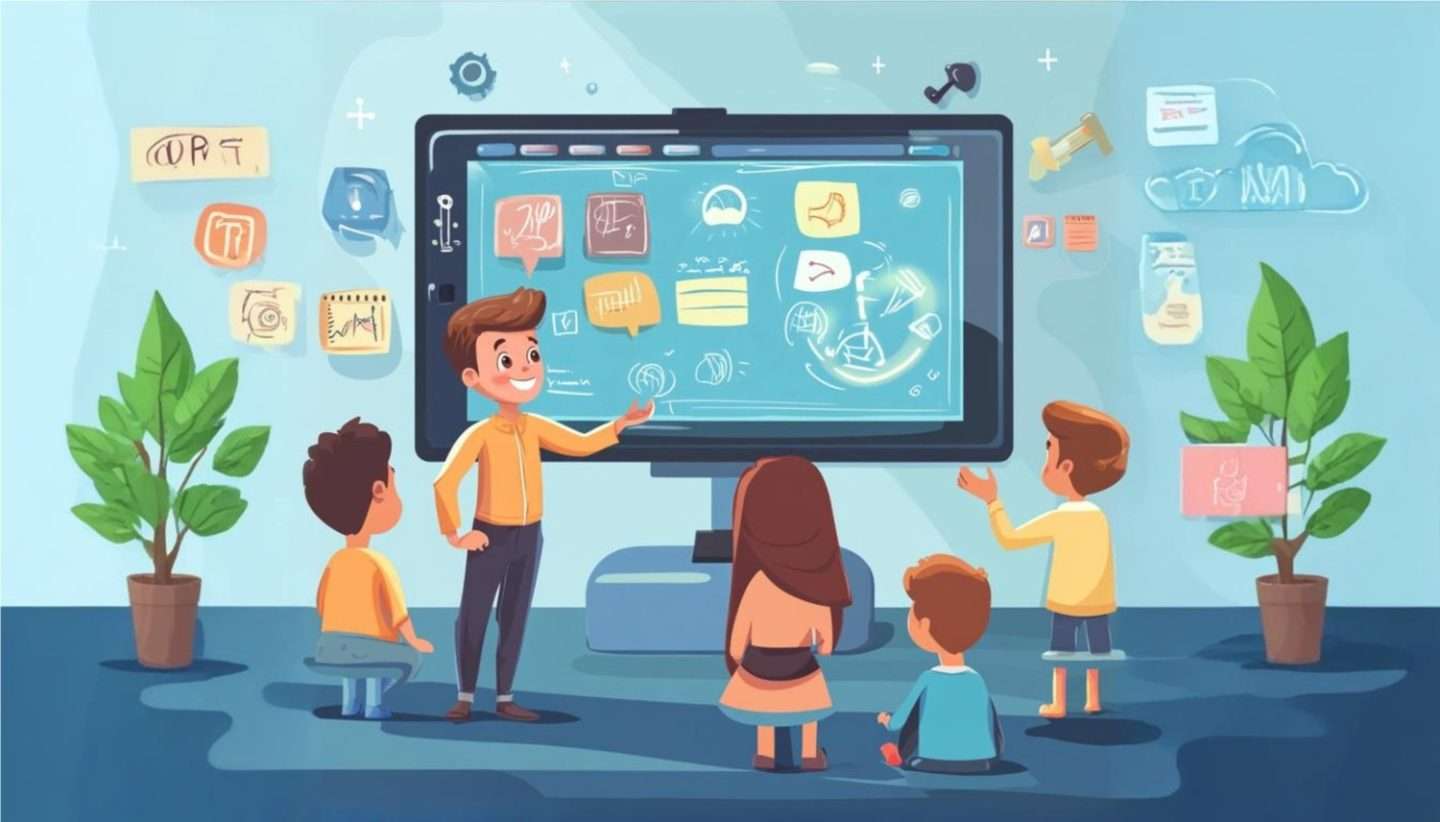
Incorporating technology into the learning process is essential for modern learning centers. Educational technology tools, such as interactive whiteboards, learning apps, and online tutoring platforms, provide students with new ways to engage with the material.
For instance, platforms like Khan Academy offer video lessons on a variety of subjects [3], while Quizlet allows students to create and share flashcards for quick review [4]. These tools can make learning more interactive and help students understand difficult concepts more easily.
Moreover, online learning platforms enable students to access resources anytime, providing flexibility and additional opportunities for learning outside of the traditional classroom setting.
6. Encourage Time Management and Organization Skills

Effective time management is key to improving academic achievements. Many students struggle with balancing schoolwork, extracurricular activities, and personal responsibilities. Learning centers can help students develop strong time management skills by teaching them how to prioritize tasks and create study schedules.
For example, learning centers can introduce students to tools like planners or digital calendars to organize their study sessions and assignments. By breaking down tasks into smaller, manageable steps, students are less likely to feel overwhelmed.
Additionally, encouraging students to create a designated study space free from distractions helps improve focus and productivity, leading to better academic outcomes.
7. Foster a Supportive Learning Environment
A supportive learning environment is essential for boosting academic achievements. Learning centers should create a welcoming and positive atmosphere where students feel comfortable asking questions and seeking help.
By fostering a culture of open communication, learning centers can build trust with students. This encourages students to express their concerns, share their challenges, and actively participate in their learning.
Moreover, providing emotional support is just as important as academic assistance. When students feel supported and understood, they are more motivated to work hard and achieve their academic goals.
8. Integrate Social-Emotional Learning (SEL) into the Curriculum
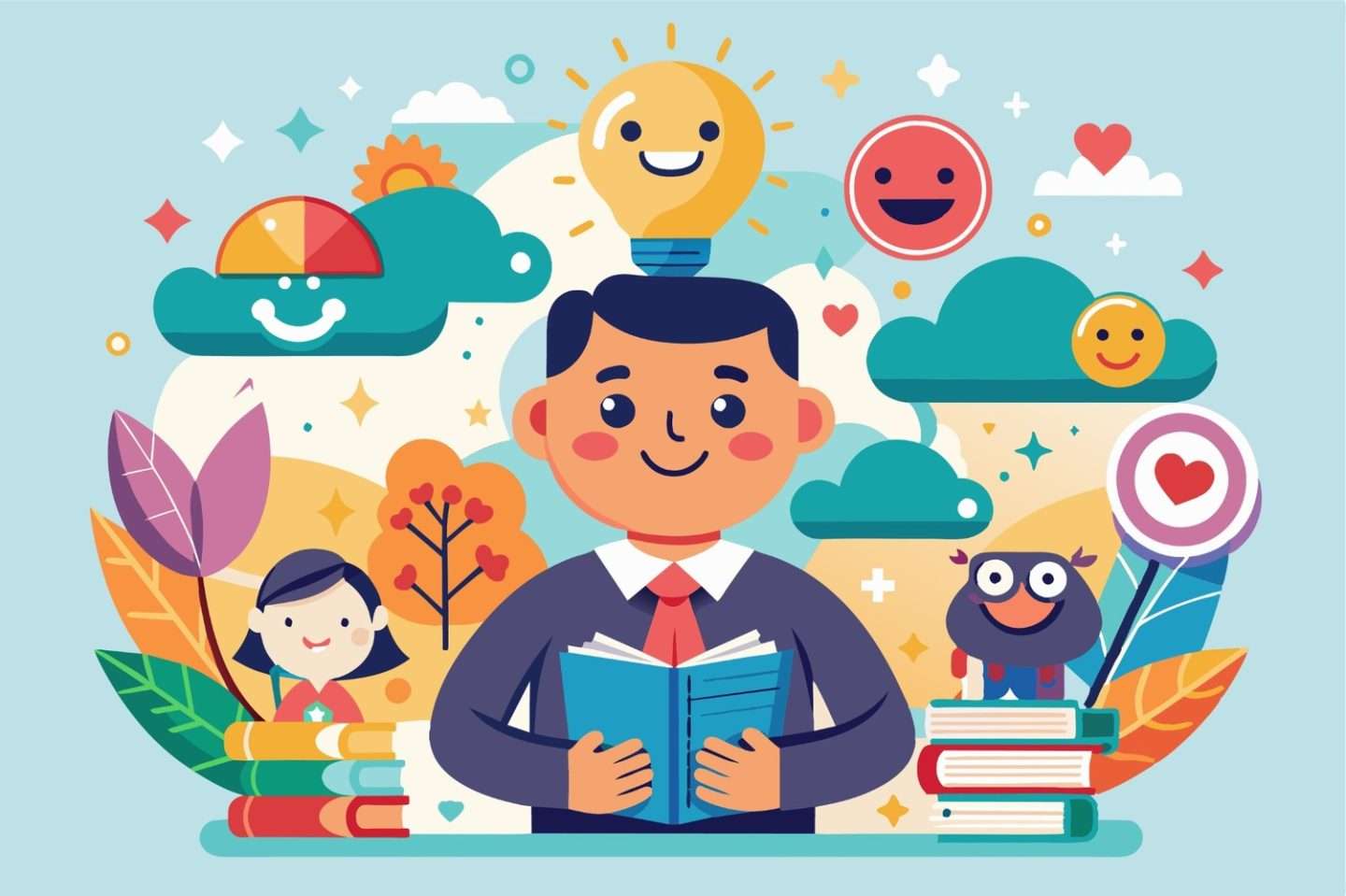
Social-emotional learning (SEL) focuses on developing students’ emotional intelligence, resilience, and interpersonal skills. By incorporating SEL into the curriculum, learning centers help students build confidence and improve their academic achievements.
For instance, learning centers can offer activities like group discussions, role-playing, or mindfulness exercises to help students manage stress and develop empathy. These activities teach students how to handle challenges, work collaboratively, and build positive relationships with peers.
Research shows that students who participate in SEL programs demonstrate improved academic performance, better behavior, and increased emotional well-being [5].
9. Encourage Peer Interaction and Collaboration
Peer interaction is another effective strategy for boosting academic achievements. Learning centers can encourage students to work together in study groups, collaborative projects, or peer tutoring sessions.
When students collaborate, they can learn from one another by sharing different perspectives and strategies for solving problems. Peer tutoring, in particular, allows students to explain concepts to each other, reinforcing their understanding.
Collaboration also fosters a sense of community within the learning center, making the learning experience more enjoyable and engaging for students.
10. Celebrate Student Success to Motivate Academic Achievements
Finally, celebrating student success is a simple but powerful way to motivate students and improve academic achievements. Learning centers should recognize and reward students for their hard work and progress, whether it’s through praise, certificates, or small rewards.
Acknowledging achievements, no matter how small, helps build students’ confidence and encourages them to keep striving for improvement. For instance, celebrating a student who has improved their math score by 5% can inspire them to continue working hard and set even higher goals.
By fostering a culture of celebration and positivity, learning centers can create an environment that motivates students to excel academically.
Conclusion: Empowering Students Through Learning Centers
In conclusion, learning centers play a critical role in boosting academic achievements by providing personalized support, fostering a positive environment, and offering a wide range of resources. By setting clear goals, incorporating active learning, and utilizing educational technology, learning centers can help students reach their full academic potential.
Additionally, focusing on time management, social-emotional learning, and peer collaboration further enhances student success. By implementing these ten strategies, learning centers can empower students to overcome challenges, build confidence, and achieve long-term academic success.
References
- Education Week – The Research on Tutoring https://www.edweek.org/teaching-learning/what-the-research-says-about-tutoring/2021/12
- Education Corner – Active Learning https://www.educationcorner.com/active-learning.html
- Khan Academy – Free Educational Resources https://www.khanacademy.org/
- Quizlet – Study Tools for Students https://quizlet.com/
- CASEL – Social-Emotional Learning Impact https://casel.org/impact/

